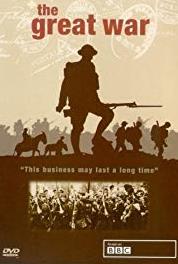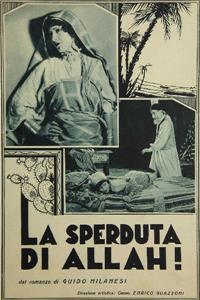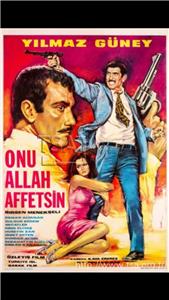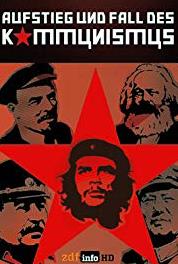Der große Krieg Allah Made Mesopotamia... and Added Flies (1964– ) Online

- Original Title :
- Allah Made Mesopotamia... and Added Flies
- Genre :
- TV Episode / Documentary / War
- Year :
- 1964–
- Cast :
- Michael Redgrave,Ralph Richardson,Emlyn Williams
- Writer :
- Correlli Barnett,Edward Rollins
- Type :
- TV Episode
- Time :
- 40min
- Rating :
- 8.6/10
| Episode credited cast: | |||
| Michael Redgrave | - | Himself - Narrator (voice) (as Sir Michael Redgrave) | |
| Ralph Richardson | - | Douglas Haig (voice) (as Sir Ralph Richardson) | |
| Emlyn Williams | - | Lloyd George (voice) | |
| Marius Goring | - | Various (voice) | |
| Cyril Luckham | - | Various (voice) | |
| Sebastian Shaw | - | Various (voice) | |
| Rest of cast listed alphabetically: | |||
| John Bolton | - | Himself - British Soldier | |
| R.J. Carless | - | Himself - British Soldier | |
| William S. Finch | - | Himself - British Soldier | |
| Mr. Fursse | - | Himself - British Soldier | |
| George Langley | - | Himself - Australian Officer | |
| George Osborne Channer | - | Himself - British Officer | |
| Lawrence Pollock | - | Himself - Australian Officer | |
| F.G. Ponting | - | Himself - British Soldier | |
| R. Wallace | - | Himself - British Officer |







User reviews